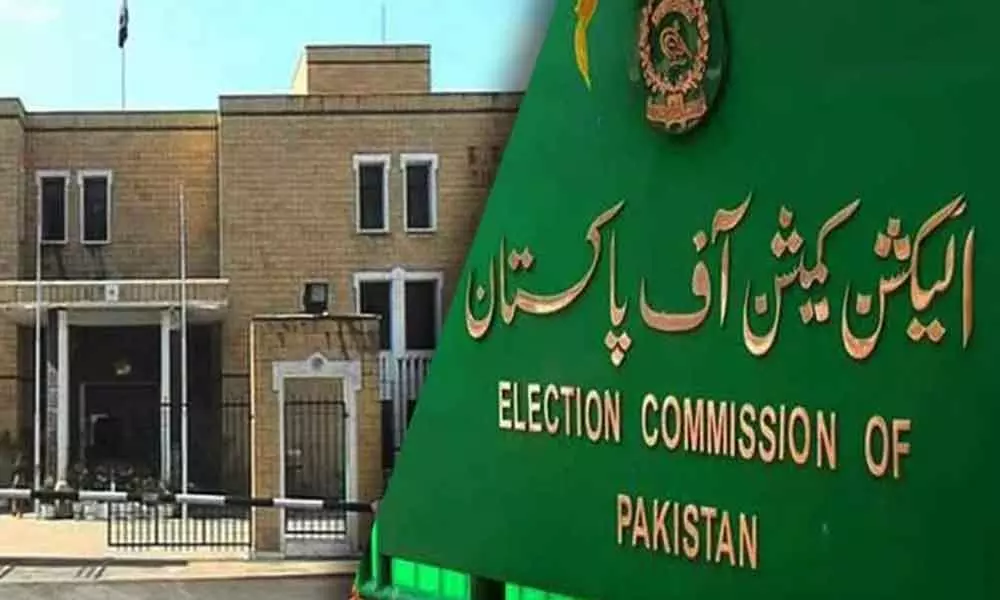
Pakistan has a long history of elections that were rigged, either overtly or covertly, and therefore lacked legitimacy in the eyes of many Pakistanis. It is critical that the next elections are credible in the eyes of all and for that electoral reforms are required.
At a recent seminar held by the Human Rights Commission of Pakistan (HRCP) a paper was discussed that called for extensive electoral reforms. Titled Making Elections Credible: The Need for Electoral Reforms, the paper “argues that such reforms are critical if the state is to restore citizens’ rapidly receding trust in the electoral process. While Pakistan’s elections have historically been mired in controversy, exacerbated by the role of undemocratic forces, the need for consensus and action on electoral reforms is now critical.”
Elections expert and the author, Tahir Mehdi, “presented his findings in seven key areas: credibility, constituencies, the electorate, candidates, polling, reserved seats and finance. Drawing on the experiences of other democracies, the paper recommends reviewing the legal framework that underpins the elections, including the Elections Act 2017. It criticizes the role of caretaker governments as being counter-productive and suggests dispensing with these altogether. The paper also points to the judicialisation of the Election Commission of Pakistan (ECP) and the adverse impact this has had on the ECP’s independence.”
Asking if voters should be allowed to choose which constituency to register or cast their vote in, the paper “points out that internal migrants are effectively disenfranchised, given the impracticality of having the address on their national identity cards (NICs) changed to appear on the rolls of the constituency in which they live and have a stake. The paper argues strongly that linking the right to vote with possession of an NIC has effectively converted a basic civic right into the citizen’s responsibility, thereby leaving a significant population—including 10 million women—disenfranchised. The paper finds the 5 percent allocation of seats to women candidates to be cosmetic and farcical, and recommends that political parties must nominate at least 23 percent female candidates as a starting point, increasing this over time to reach parity.”
A key issue raised in the paper is “the anomalous situation of the Ahmadiyya community, who continue to be listed separately on the electoral rolls, forced to disclose their identity at polling stations (at significant risk to their lives) and effectively barred from exercising their right to vote. The paper recommends abolishing the separate supplementary list for Ahmadi voters. More generally, it criticizes the concept of reserved seats for religious minorities on the grounds that these do not accord effective representation to such groups.”
The paper proposes “further reforms to address practices that undermine the electorate’s mandate, such as multiple-seat candidacy and independent candidates joining political parties after securing seats. The authentication of data collection, from the census and electoral rolls, to polling documentation and asset declarations of elected representatives, also need to be reviewed. Preventing the manipulation of information in social media use and technological solutions, such as electronic voting machines and the results transmission system, must also be examined.”
![]()





